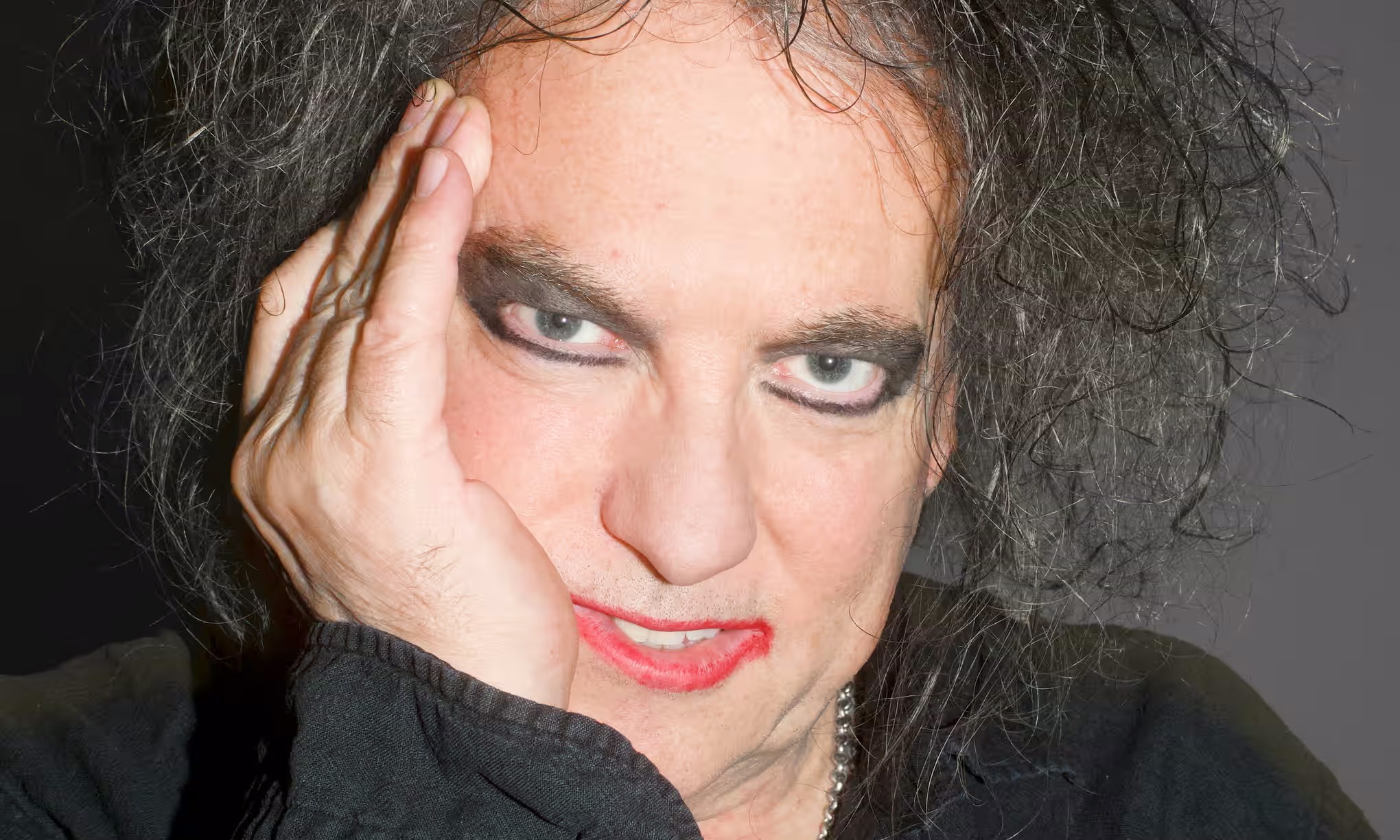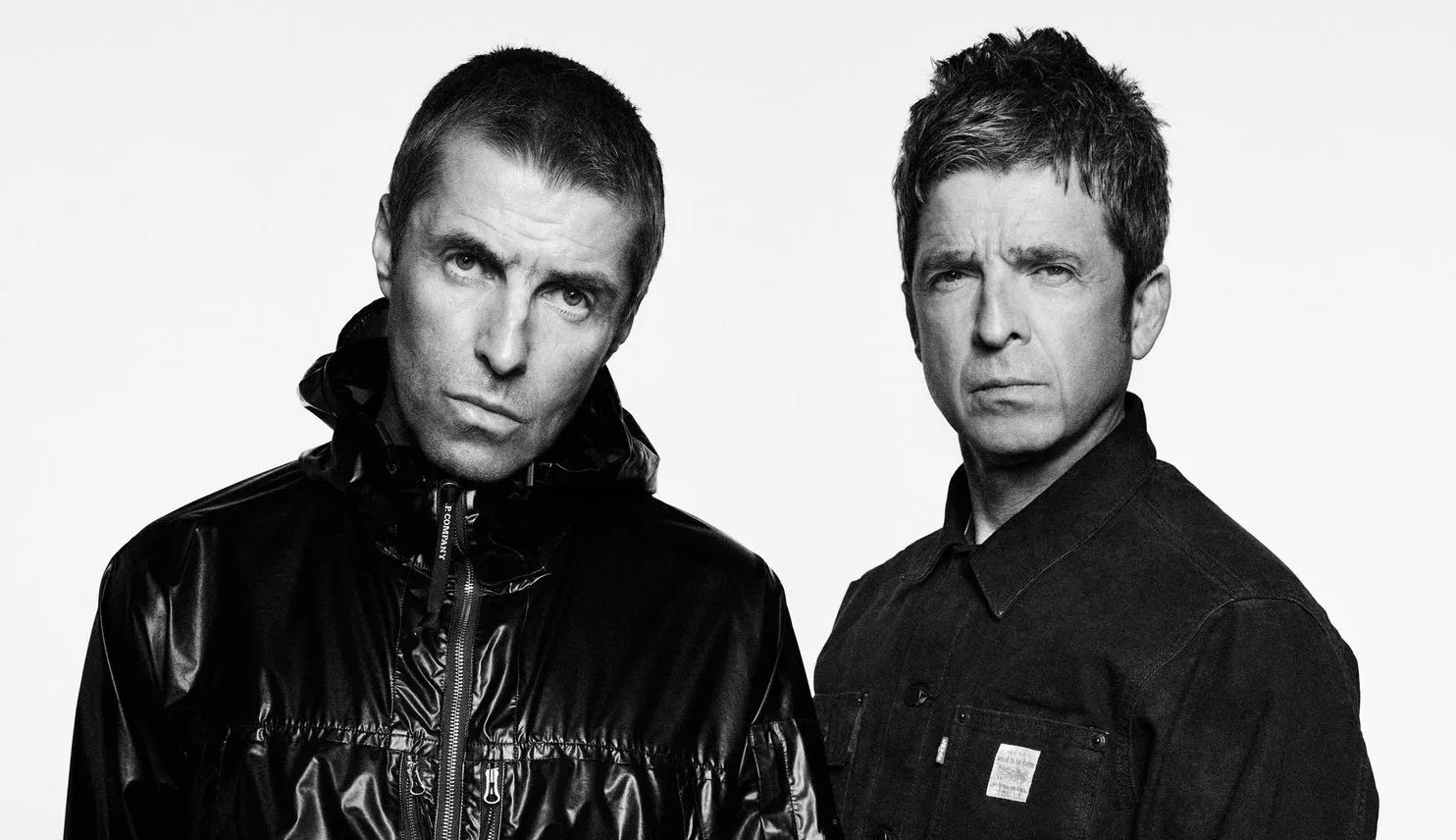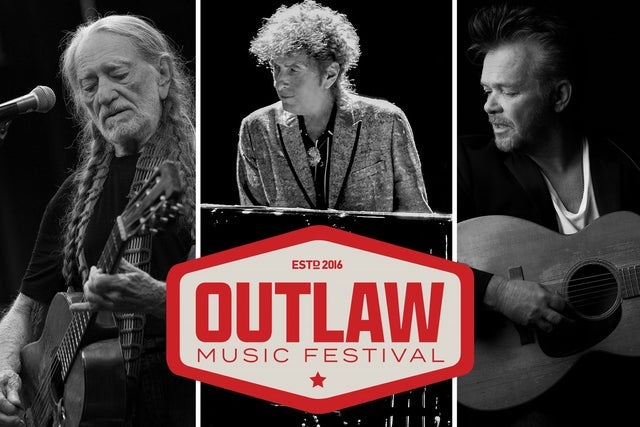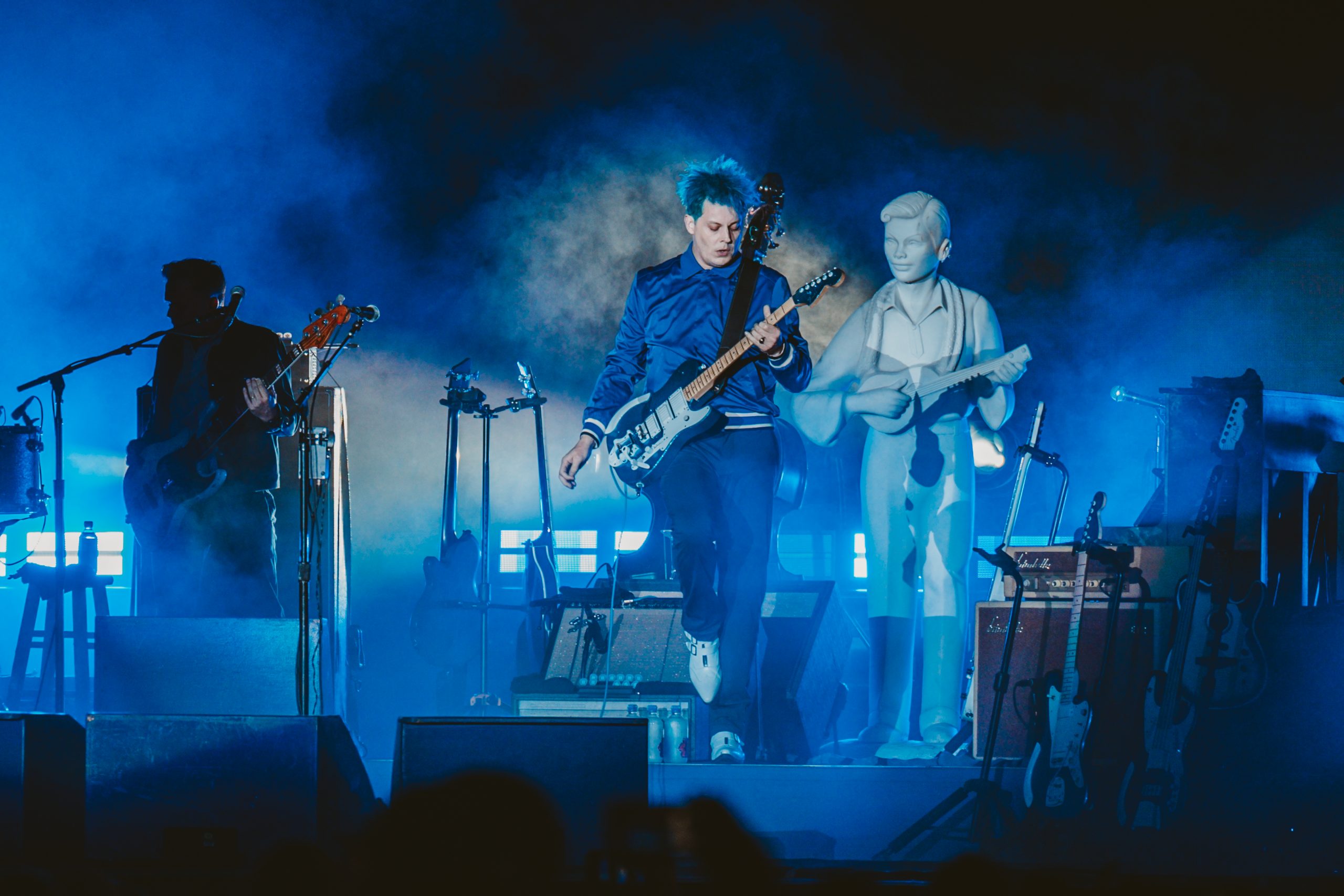Live Nation-Ticketmaster—an Alleged Monopoly Achieves Record Growth
Live Nation-Ticketmaster and other ticketing platforms like StubHub are accused of price-gouging, hidden fees and monopolistic power, but that’s not deterring them from conducting business as usual. Live Nation achieved a record-breaking quarter with revenue up 7% to over $6 billion.
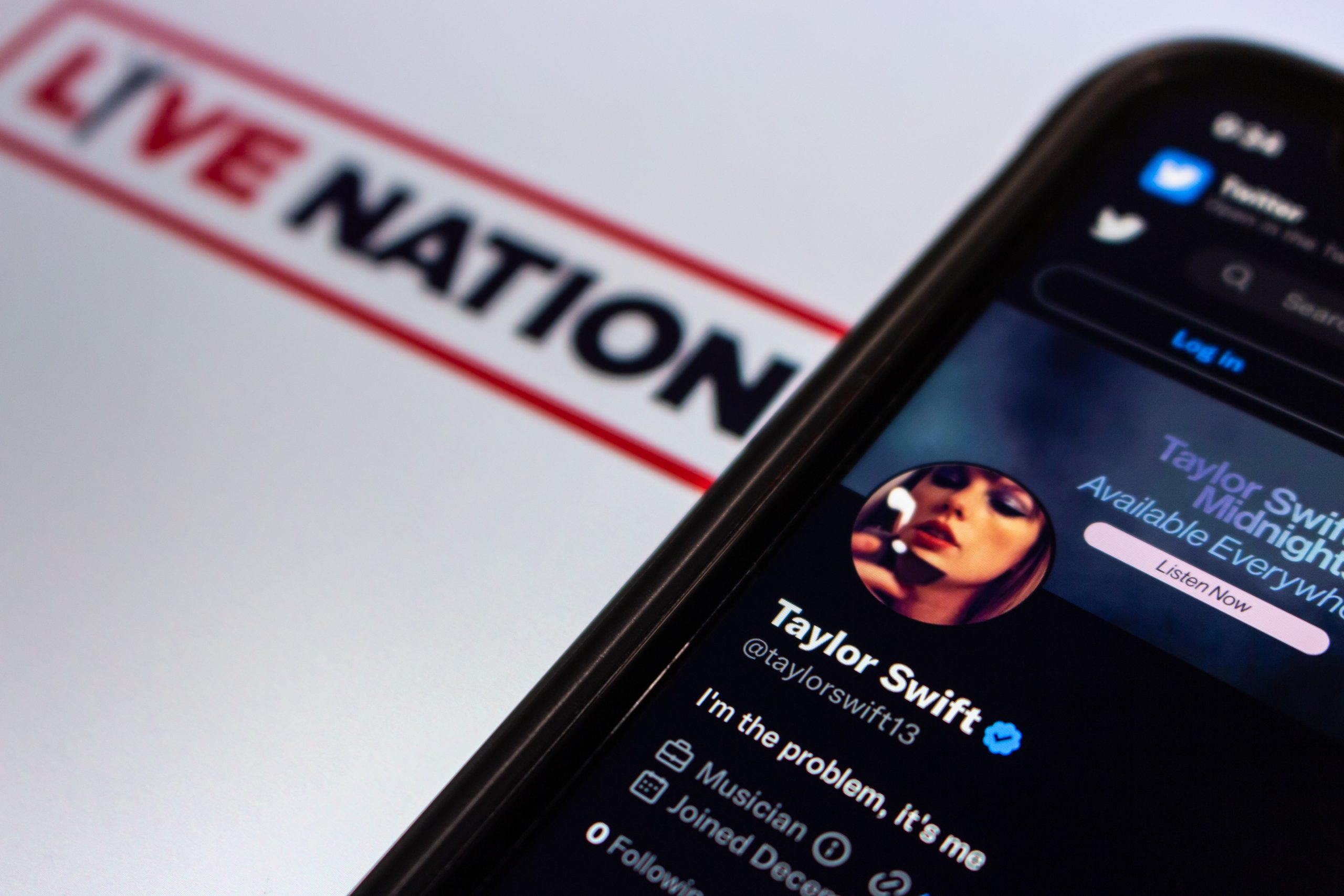
StubHub, an online ticket exchange and resale platform, uses a system called “drip pricing” to exploit music lovers and sports fans. It’s the practice of presenting a price for tickets but then increasing the final cost with additional fees. A lawsuit filed against the ticket vendor reveals the platform has sold nearly 5 million tickets to District of Columbia consumers and extracted an estimated $118 million in hidden fees since adopting the pricing model in 2015.
On July 31, District of Columbia Attorney General Brian L. Schwalb filed the lawsuit against StubHub for the “deceptive and unfair practice of hiding mandatory fees from consumers until the end of a lengthy purchase process.”
The complaint states that StubHub fails to provide clear and accurate information about what those fees are for or how they are calculated.
The lawsuit comes more than two months after the Department of Justice officially filed a civil antitrust lawsuit against Live Nation Entertainment and its subsidiary, Ticketmaster (Live Nation-Ticketmaster), along with 30 state and district attorneys general. The DOJ filed the lawsuit because of “monopolization and other unlawful conduct that thwarts competition in markets across the live entertainment industry.”
Live event ticketing and resale platforms have been under heightened scrutiny since late 2022, when Taylor Swift’s The Eras Tour tickets went on sale—leaving customers frustrated over high ticket prices and website crashes.
In early 2023, Luckbox spoke with the lawyers looking to take down Ticketmaster. It all started after the presale for Swift’s Eras Tour ended with technical issues, scalpers/bots snagging tickets and third-party resellers. More than 3.5 million fans pre-registered for tickets. The platform sent out 1.5 million presale codes and placed 2 million people on a waiting list. On the day of the sale, an estimated 14 million people descended upon the site, where they encountered glitches, crashes and interminable waits. Then, Ticketmaster canceled the general sale, and an uproar ensued.
When Joe Akmakjian received a presale code for tickets to Swift’s tour, he knew it would be expensive and difficult to get tickets—I mean, who doesn’t want to go see her live? He had the day off work and was prepared to purchase tickets for himself and two friends in ADA (Americans with Disabilities Act) seating.
After waiting in the queue for a while, behind thousands of other people, Akmakjian was bounced out of line. He joined another presale queue on Ticketmaster later that afternoon, waiting hours just to get through and see it was sold out. He joined another presale through Capital One the next day, this time getting through to see there were only three tickets available for $250 each, snagging them as quickly as he could. In total, Akmakjian spent about 15 hours behind a Ticketmaster screen trying to purchase tickets.
“When I tell people how much I got the tickets for, they’re like, ‘Why are you upset? Why are you in this lawsuit?’” he says. “They expect me to say we paid $3,000 for these seats. But truthfully, it’s because I, we, want to make sure there’s a fair chance for people to get tickets, and we want the pricing on these tickets to be fair. Right now, with Ticketmaster being the monopoly that it is, it doesn’t create a fair and free market for consumers.”
Beyond Swift tickets
It wasn’t just the Swiftie ticket event. Presale tickets to see rockers Blink-182 went on sale through Ticketmaster in October 2022, and fans saw their tickets pulled from their online checkout carts as prices were soaring to more than $600 each. Founding member and bassist Mark Hoppus couldn’t secure tickets to his own show.
In 1994, Pearl Jam claimed Ticketmaster abused its marketplace dominance by charging high service fees and ticket prices. The band members attempted to boycott the ticketing service and subsequently found themselves playing small venues that didn’t make sense for such a prominent act.
With a fanbase as large as Taylor Swift’s, though, issues with securing tickets to her shows were brought into the mainstream—catching the attention of Sens. Amy Klobuchar (D-Minn.) and Mike Lee (R-Utah) and now the DOJ.
“We allege that Live Nation relies on unlawful, anticompetitive conduct to exercise its monopolistic control over the live events industry in the United States at the cost of fans, artists, smaller promoters and venue operators,” Attorney General Merrick B. Garland said in connection with the DOJ suit against the ticketing and entertainment company. “The result is that fans pay more in fees, artists have fewer opportunities to play concerts, smaller promoters get squeezed out and venues have fewer real choices for ticketing services. It is time to break up Live Nation-Ticketmaster.”
The DOJ states in the lawsuit that Live Nation-Ticketmaster engaged in tactics meant to eliminate competition and monopolize markets. It criticized the relationship with Oak View Group, a professional sports and commercial real estate company, and accused the defendant of retaliating against potential entrants; threatening and retaliating against venues that work with rivals; locking out competitors with exclusionary contracts; blocking venues from using multiple ticketers; restricting artists’ access to venues; and acquiring competitors and competitive threats.
In response to the DOJ lawsuit, Dan Wall, Live Nation executive vice president of corporate and regulatory affairs, has made a few remarks:
- The lawsuit against Live Nation and Ticketmaster won’t reduce ticket prices or service fees.
- There is more competition than ever in the market, which is why Ticketmaster’s market share has declined since 2010.
- Net profits show Live Nation and Ticketmaster do not have monopoly power.
- The lawsuit distracts from real solutions that would decrease prices and protect fans, such as allowing artists to cap resale prices.
“The trendlines confirm Live Nation’s lack of market power. Every year, competition in the industry drives Live Nation to earn lower take rates from both concert promotion and ticketing,” Wall writes. “The company is profitable and growing because it helps grow the industry, not because it has market power that squeezes more profit from less output.”
Take down Ticketmaster
After buying tickets to see Swift, Akmakjian posted about his experience on TikTok. He later came across a video by attorney Jennifer Kinder of Kinder Law PLLC, who was asking for screenshots and evidence from those affected by Ticketmaster.
“I didn’t know if anything was going to come from it, but two weeks later she called me and said she was going to file. She had 26 people who were willing to file and asked if I wanted to be one of them,” Akmakjian says.
The first filing had 26 plaintiffs, and the final filing now has 355 plaintiffs. The group, which has a dedicated site to Take Down Ticketmaster, is set to have a hearing on Sept. 12 to figure out what’s next for their case, which is separate from the DOJ lawsuit.
This is not a class-action lawsuit. Each plaintiff in this case has their own individual antitrust case against Ticketmaster. This means that if the lawsuit was to go to trial, Ticketmaster would have to go on trial 355 times and present evidence.
The group has two ongoing Swiftie cases against Ticketmaster-Live Nation. One is in federal court in California and the other is in state court in Texas. The progress in the federal case is awaiting the outcome of a 9th Circuit Court of Appeals in a separate antitrust lawsuit: Skot Heckman, et al v. Live Nation Entertainment Inc.—which was filed against forced arbitration, a process for resolving disputes outside of court.
“We want to go to trial, but we signed this forced arbitration, and so while we await the Heckman lawsuit [outcome] against the arbitration clause, our case got put on hold,” Akmakjian says. “We’re not looking for money—we want to see change. But we do understand that with a billion-dollar company like this, for them to even care about changing, you have to hurt their pocket.”
Live Nation earnings
A series of major tour cancellations rippled through the live-music market this year. Think Jennifer Lopez, The Black Keys, and Ms. Lauryn Hill and the Fugees. In general, big arena shows have been down. Do fans want to see these artists? Absolutely. But do enough fans want to see them to warrant a massive arena show, with tickets selling for more than $500? Less likely.
Most of these arena shows take place in Live Nation venues, with tickets sold through Ticketmaster—as around 70%-80% of U.S. venues have exclusive contracts with the ticketing company.
During Live Nation’s Q2 2024 earnings call, President and CFO of Live Nation Entertainment (LYV) Joe Berchtold addressed the show cancellations: “Our cancellation rates, we’re seeing historical norms below last year. They historically run kind of 4% to 5% of shows, about a percent and a half of fans, absolutely in line with historical trends,” Berchtold says. “I think most of the reports that we’ve seen have been efforts to take one or two data points out of a very large number of tours and shows, and we’re just not seeing anything unusual there.”
The Live Nation team knew it wouldn’t be a banner year for stadium shows, but despite reduced stadium activity, Ticketmaster revenue grew 3%, compared with Q2 2023, to $731 million. Ticketmaster’s Adjusted Operating Income, or AOI, is in line with last year at $293 million.
“We’re thrilled that we can still grow the business coming off two years of extraordinary growth, given where we were in 2019, so it’s still a strong year for us overall,” says Michael Rapino, CEO of Live Nation Entertainment. “Stadiums were always the challenge and international was always going to be a stadium issue, given the Paris Olympics. Most of France shut down for that month and most of that affected a lot of the stadium business for the summer. So, the good news is, as we predicted, ’25 looks likely to be a big banner year.”
Compared to the same period last year, Live Nation revenue is up 7% to over $6 billion. Operating income is up 21% to $466 million, AOI is up 21% to $716 million, and the company has an operating cash flow of $412 million. Despite cancellations and a DOJ lawsuit, Live Nation is having a strong year.
Live Nation’s standing
Let’s be real. If fans want to attend live concerts, it’s nearly impossible to avoid Live Nation and its subsidiary, Ticketmaster. Live Nation has hosted 24 million people at shows this summer, up 10% year-to-date (YTD). It’s seeing record concert profitability with AOI up 61% and margins of 5.4%. Plus, 183 million fee-bearing tickets have been sold YTD, up 3%.

Live Nation’s share count is not expected to change materially from 2023.
And despite the DOJ lawsuit, it’s business as usual at Live Nation.
“We’re able to isolate. So, if you’re in my legal department, you’re working on the DOJ. If you’re running any one of my divisions, it’s business as usual,” Rapino says, when asked how the lawsuit is affecting strategic decision-making. “We’ve been focusing on Venue Nation, global venues around the world. We got 15 coming over the next year, still 75 or so in the pipe.”
At present, according to The Wall Street Journal, 23 analysts cover Live Nation, with 18 rating the stock a buy, four rating it a hold and one rating it a sell. Based on those 23 ratings, the average price target for Live Nation is roughly $117/share.
Kendall Polidori is The Rockhound, Luckbox’s resident rock critic. Follow her reviews on Instagram and X @rockhoundlb, TikTok @rockhoundkp


